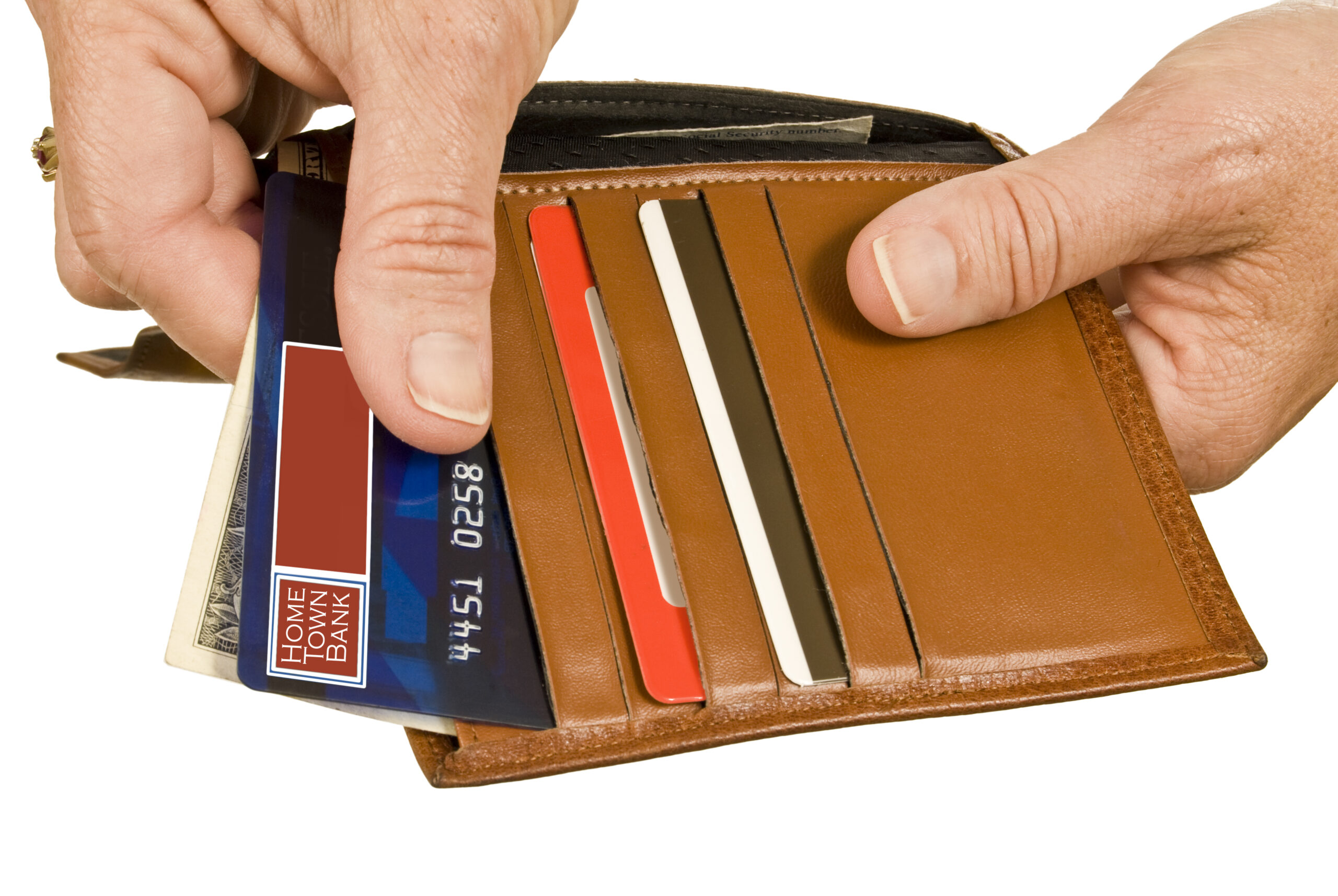Cryptocurrencies have become increasingly popular in recent years as an alternative investment option. With the rise of Bitcoin and other cryptocurrencies, many people are looking to get started with crypto trading as a way to make money. However, navigating the world of cryptocurrency can be daunting, especially if you’re new to it. That’s why we’ve put together this guide to help you get started with crypto trading.
Introduction to Crypto Trading
The first step to getting started with crypto trading is understanding what it is. Essentially, crypto trading involves buying and selling cryptocurrencies like Bitcoin or Ethereum on an exchange. The goal is to buy low and sell high, just like any other type of investment. There are several different types of exchanges that allow you to trade cryptocurrencies, including centralized exchanges, decentralized exchanges, and peer-to-peer marketplaces.
Choosing the Right Wallet for Your Needs
Once you’ve decided to start trading cryptocurrencies, you’ll need to choose a wallet to store your coins. A wallet is essentially a digital bank account where you can keep your cryptocurrencies safe and secure. There are several different types of wallets available, including desktop wallets, mobile wallets, and online wallets. You should choose a wallet based on your needs and preferences. For example, if you plan to hold onto your cryptocurrencies long-term, a hardware wallet may be the best choice since they offer the most security. On the other hand, if you’re planning to actively trade cryptocurrencies, a more convenient option like a mobile wallet might be better suited for you.

Understanding How Cryptocurrencies Work
Before diving into crypto trading, it’s essential to understand how cryptocurrencies work. At their core, cryptocurrencies are simply digital assets that use encryption techniques to regulate the generation of units of currency and verify the transfer of funds. They operate independently from governments and financial institutions, which means there’s no middleman controlling them. Instead, transactions are recorded on a public ledger called the blockchain, which ensures transparency and prevents fraudulent activity.
Navigating Different Types of Exchanges
There are several different types of exchanges available for crypto trading, each with its own unique features and benefits. Centralized exchanges are perhaps the most well-known, offering a wide range of cryptocurrencies for traders to choose from. Decentralized exchanges, on the other hand, operate without a central authority, giving users greater control over their trades. Peer-to-peer marketplaces connect buyers and sellers directly, allowing for faster and cheaper transactions. It’s important to research these different options before choosing an exchange to ensure you find one that meets your specific needs.
Strategies and Tools for Successful Investments
Finally, once you’ve gotten started with crypto trading, you’ll want to develop strategies and tools to help you succeed. One common strategy is technical analysis, which uses charts and patterns to predict future price movements. Another approach is fundamental analysis, which takes into consideration factors such as supply and demand, news events, and economic indicators. Additionally, there are various tools available to help you track prices, set alerts, and automate your trades. By combining these strategies and tools, you can increase your chances of success when trading cryptocurrencies.

In conclusion, getting started with crypto trading can seem intimidating at first, but by following these tips and strategies, you can begin building your portfolio with confidence. Remember to do your research, choose the right wallet, understand how cryptocurrencies work, navigate different types of exchanges, and utilize effective strategies and tools to maximize your returns. Good luck!